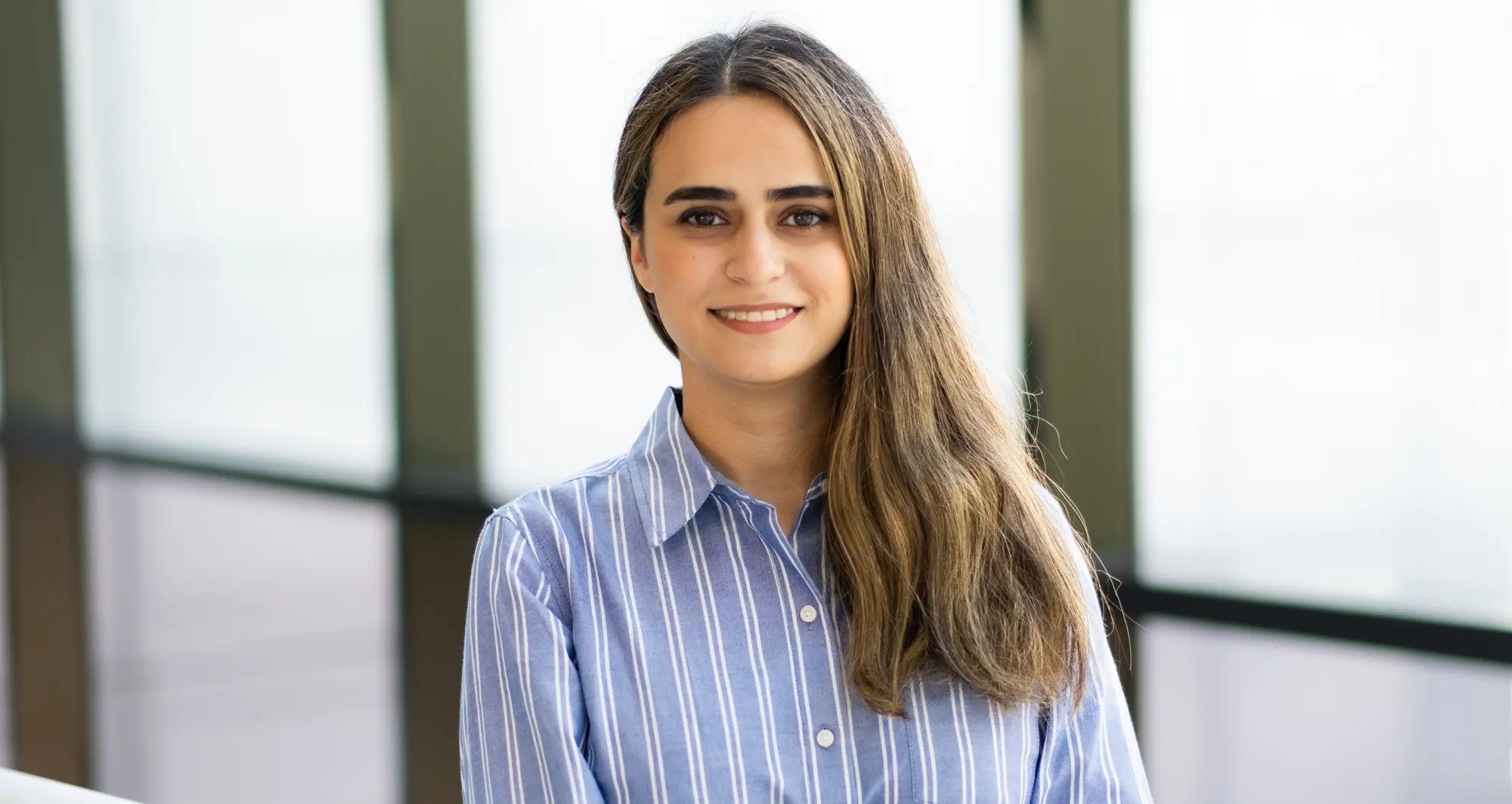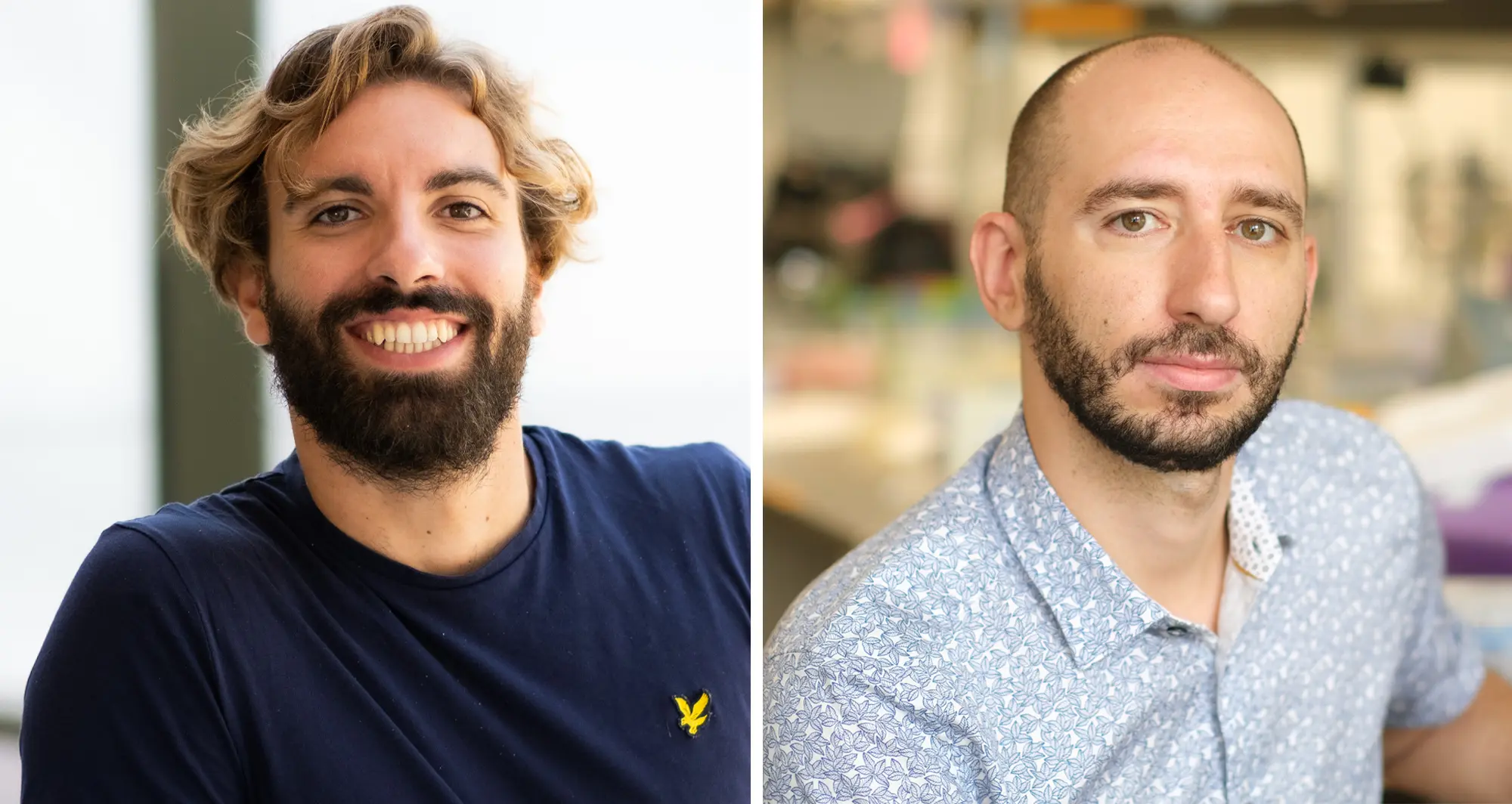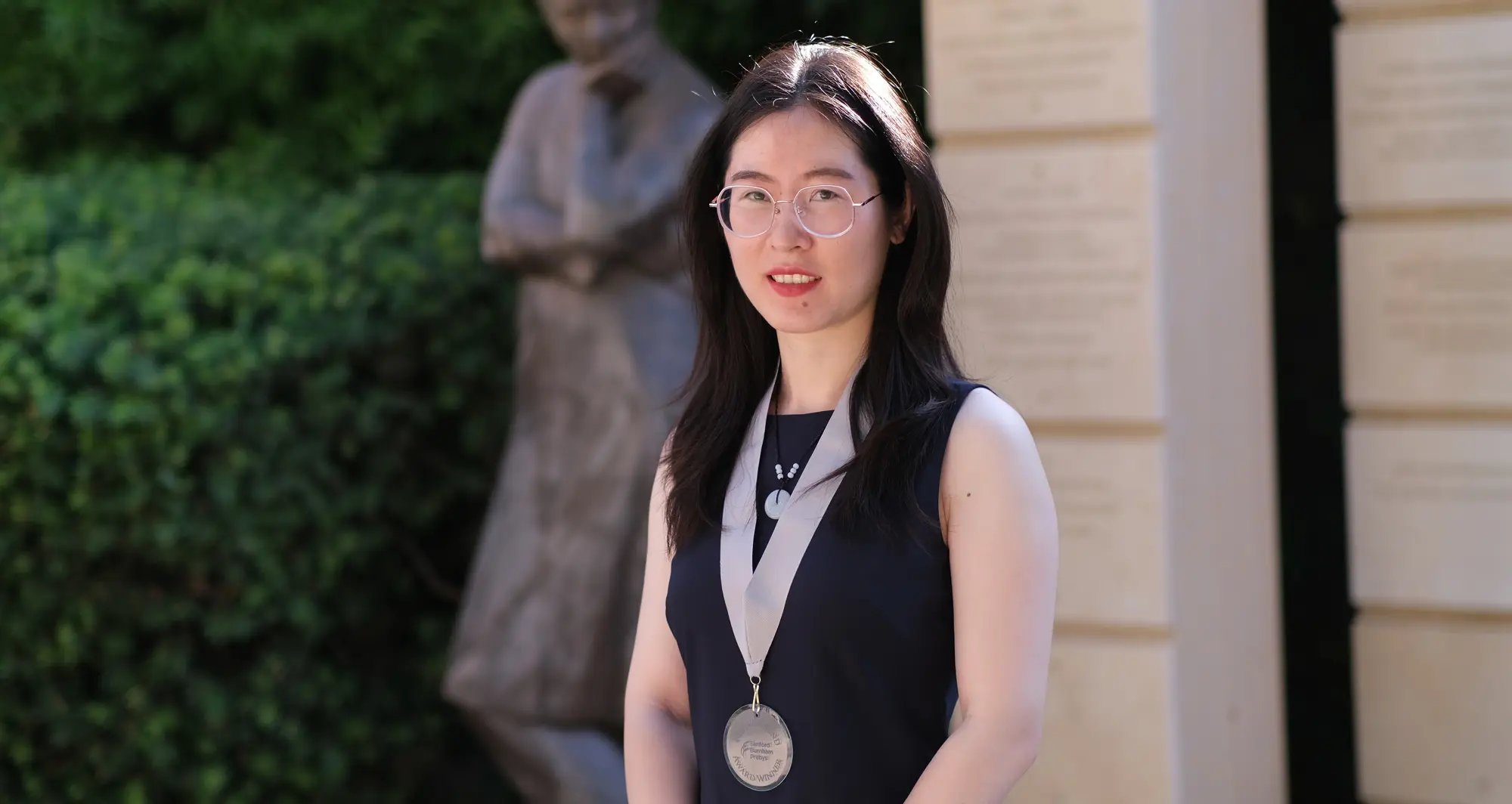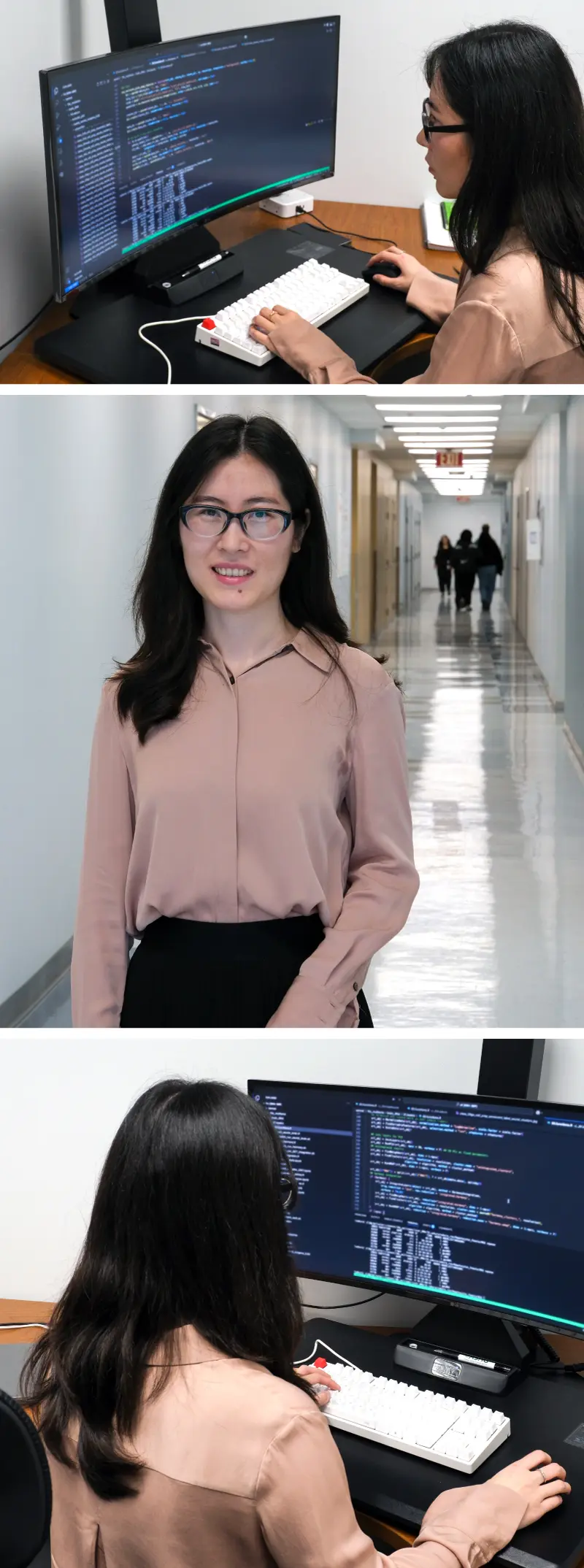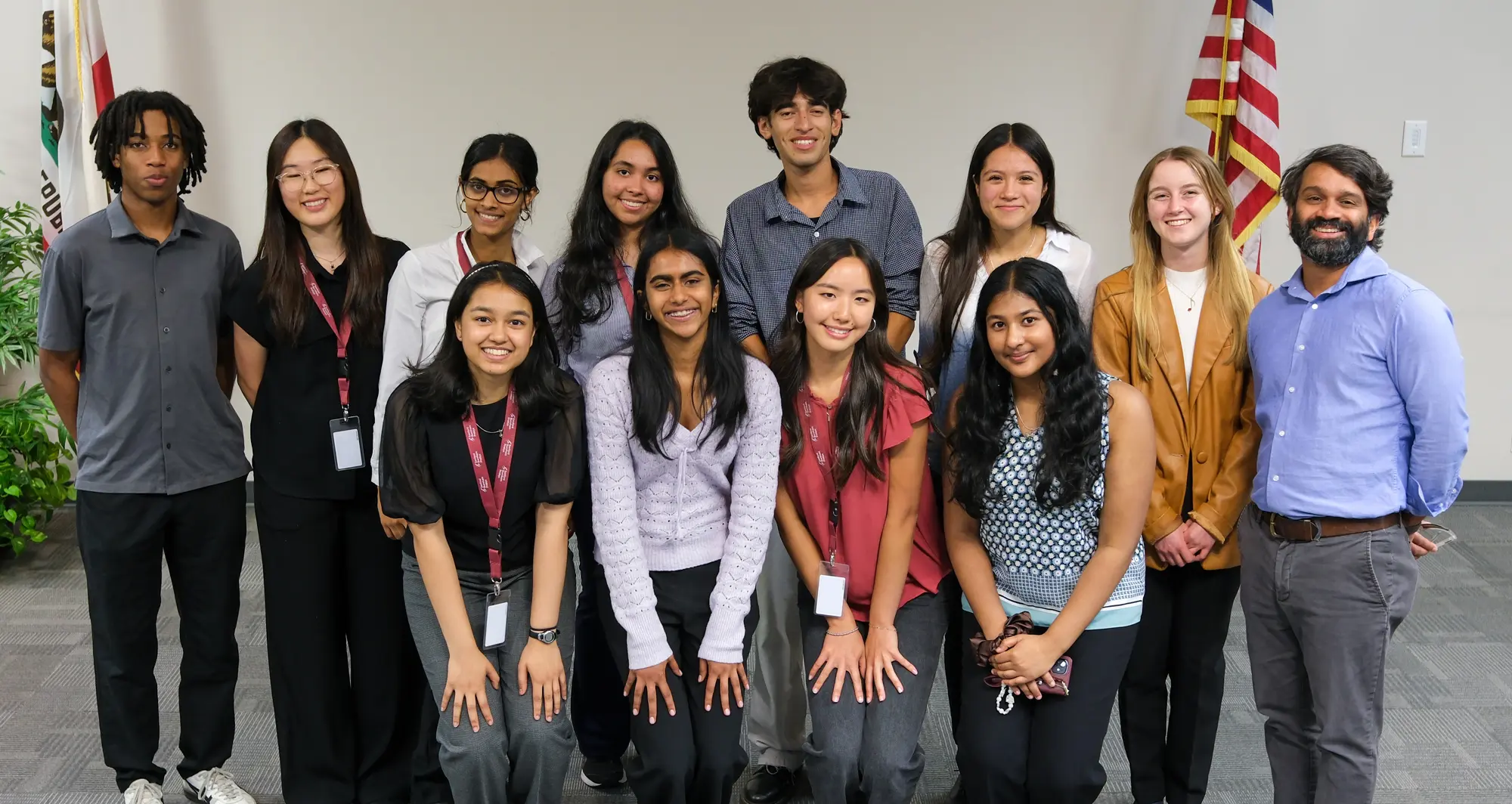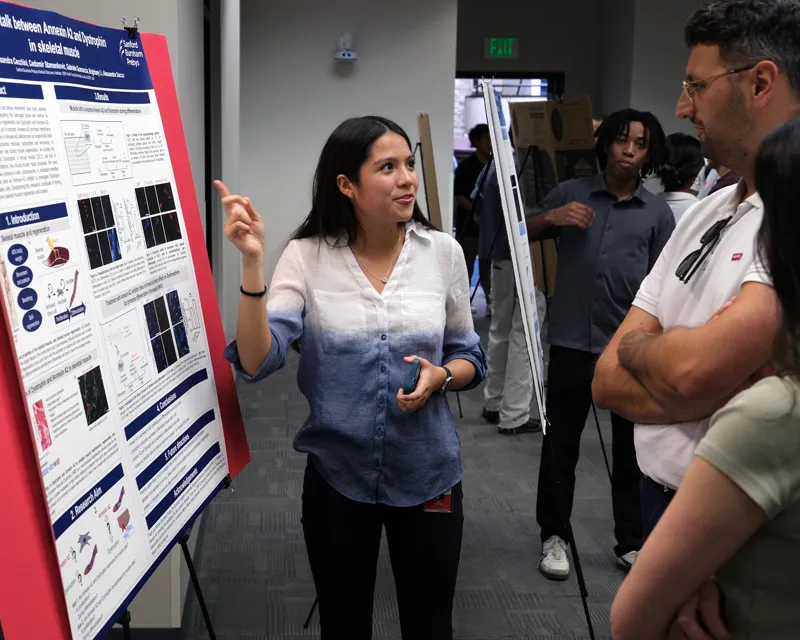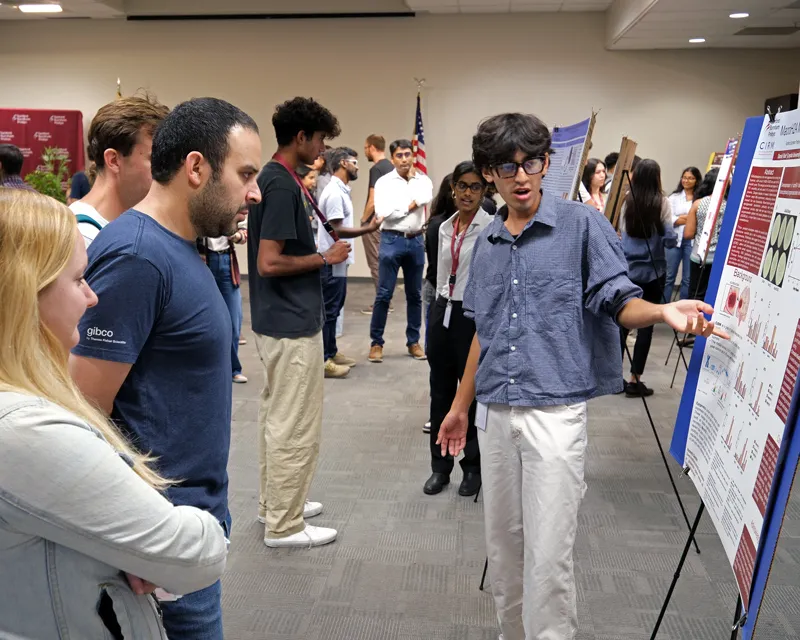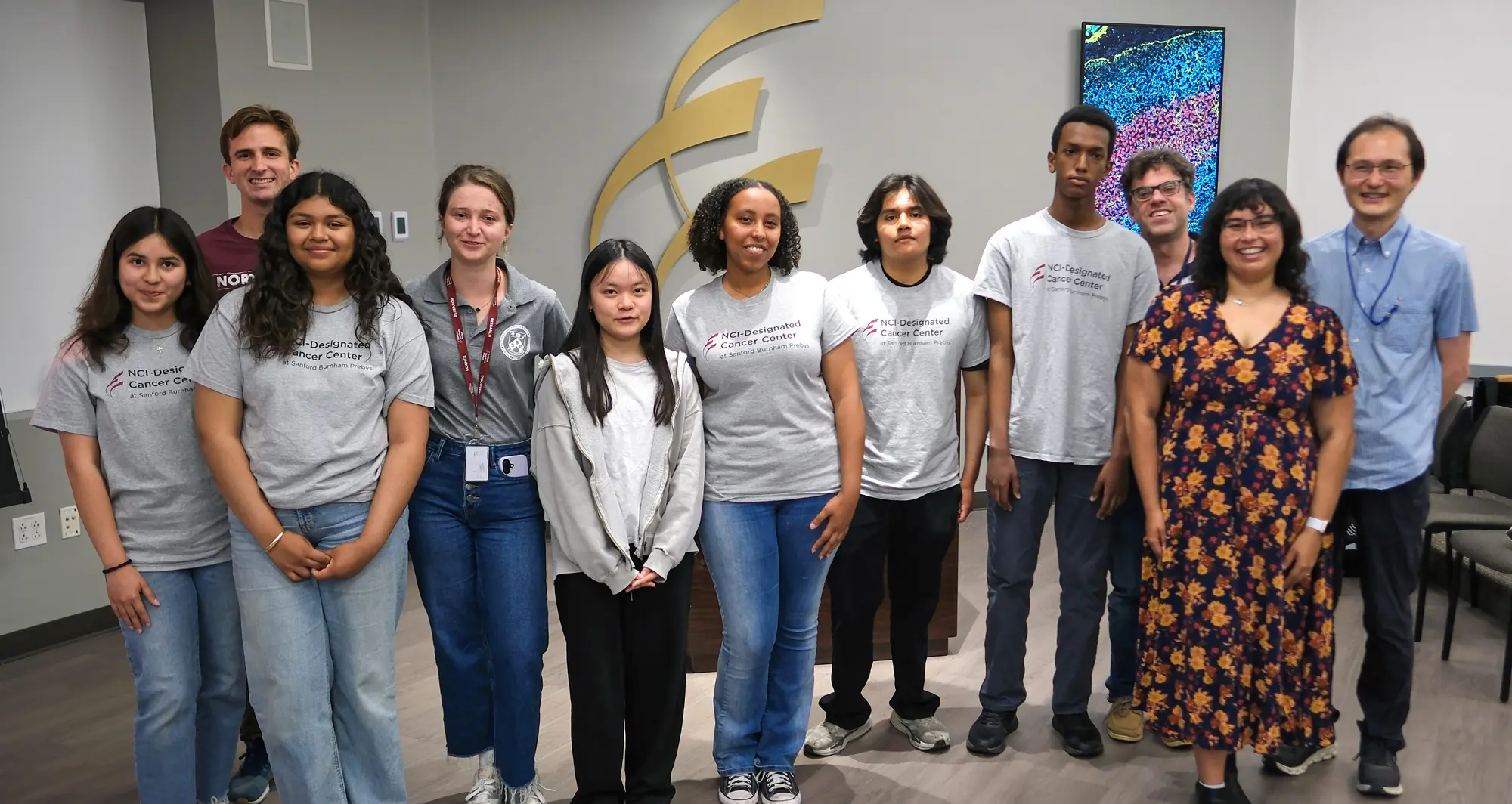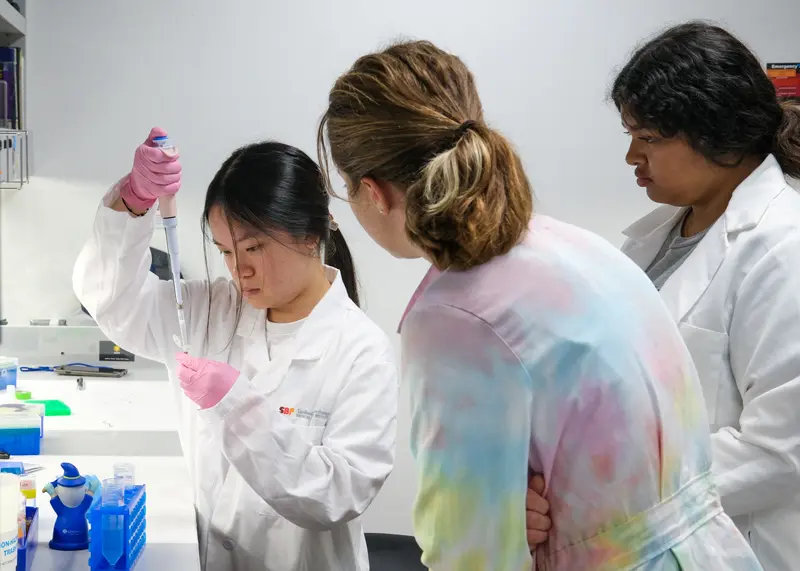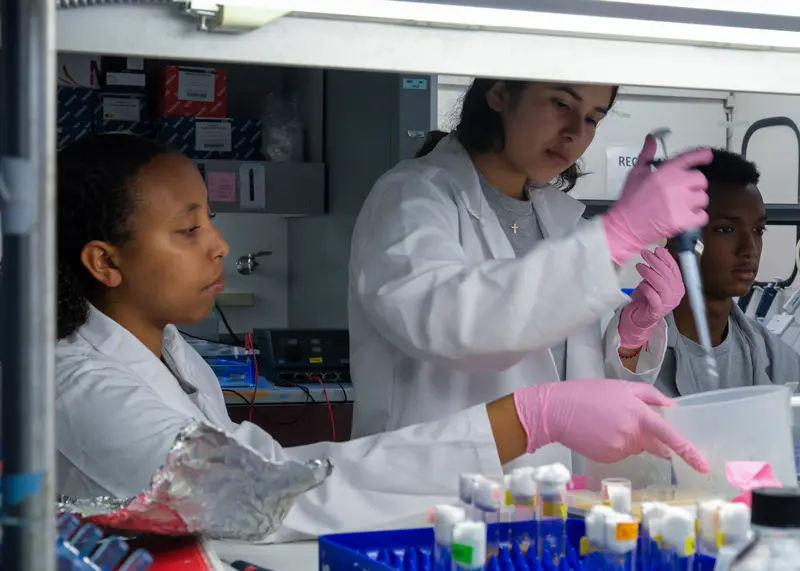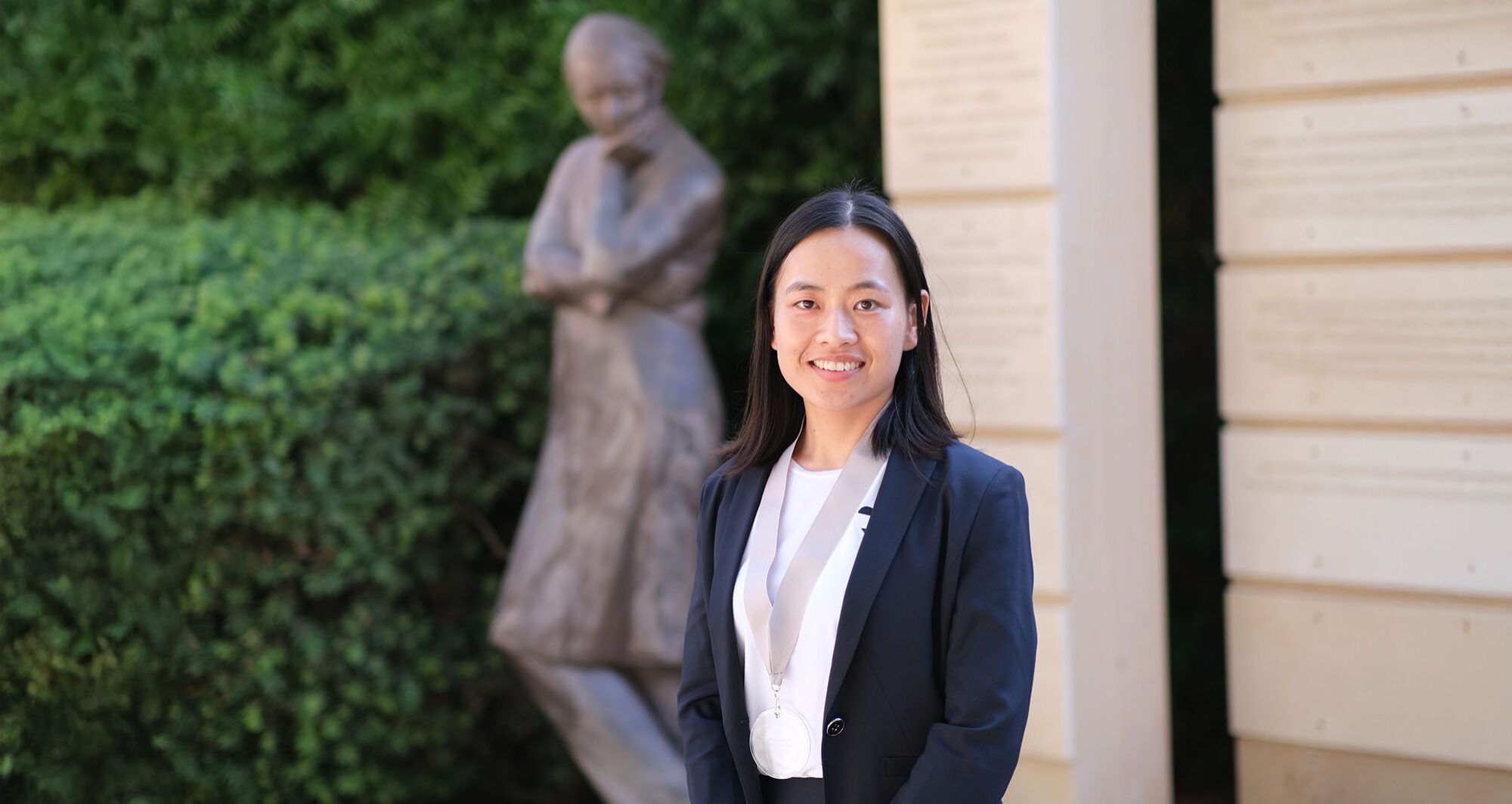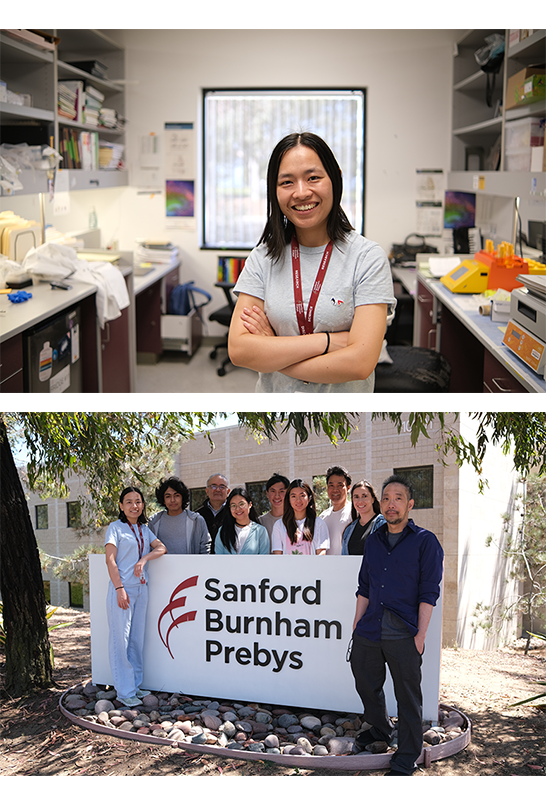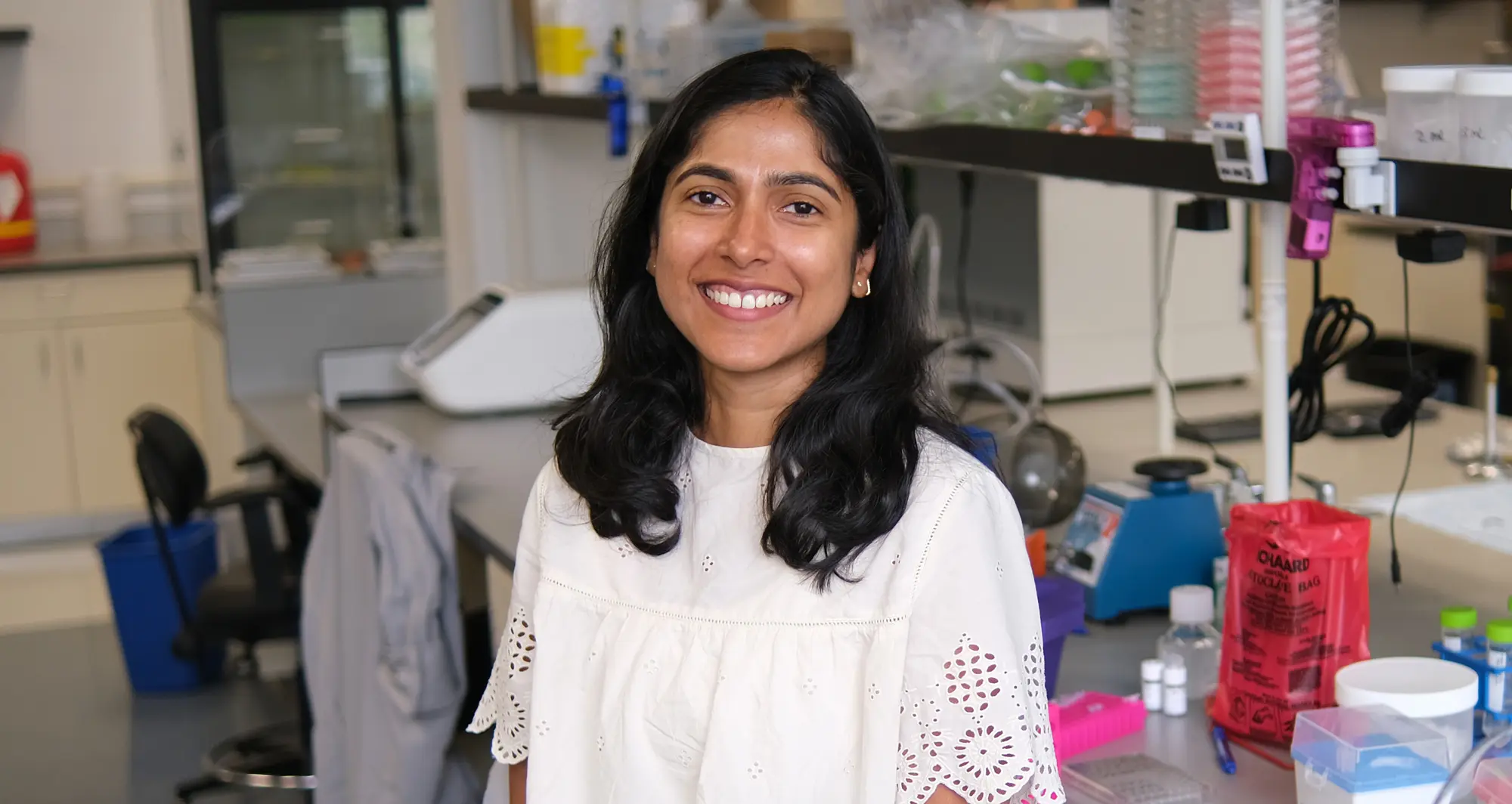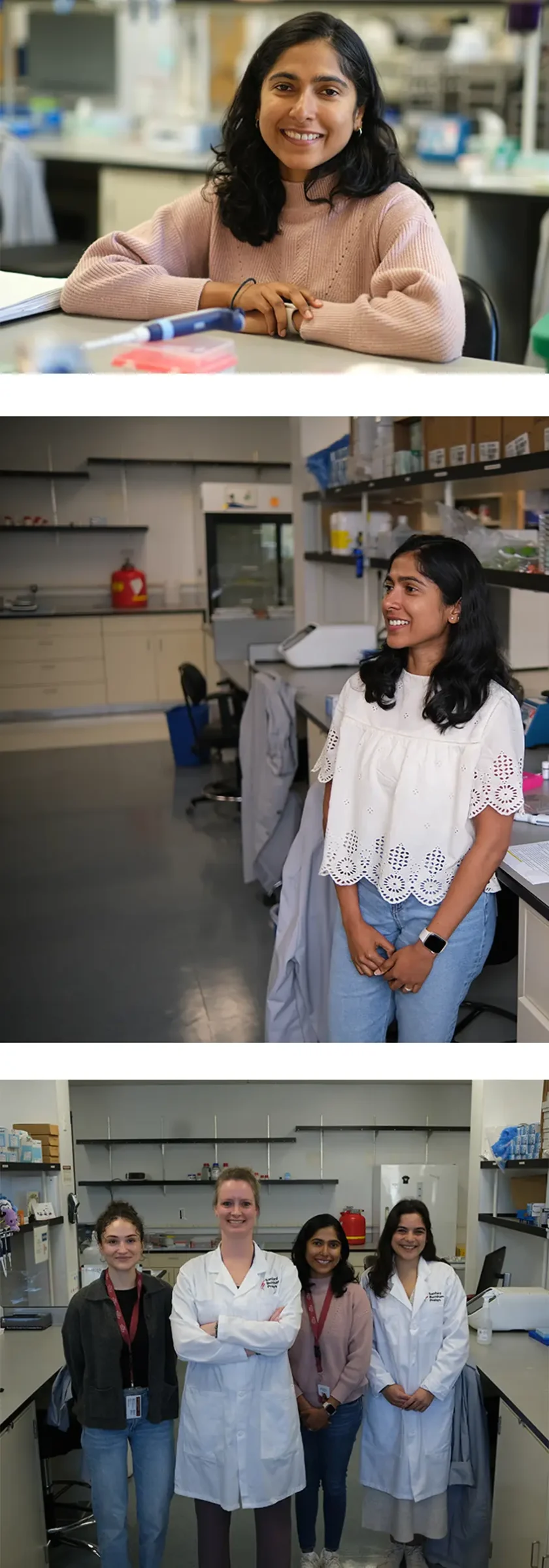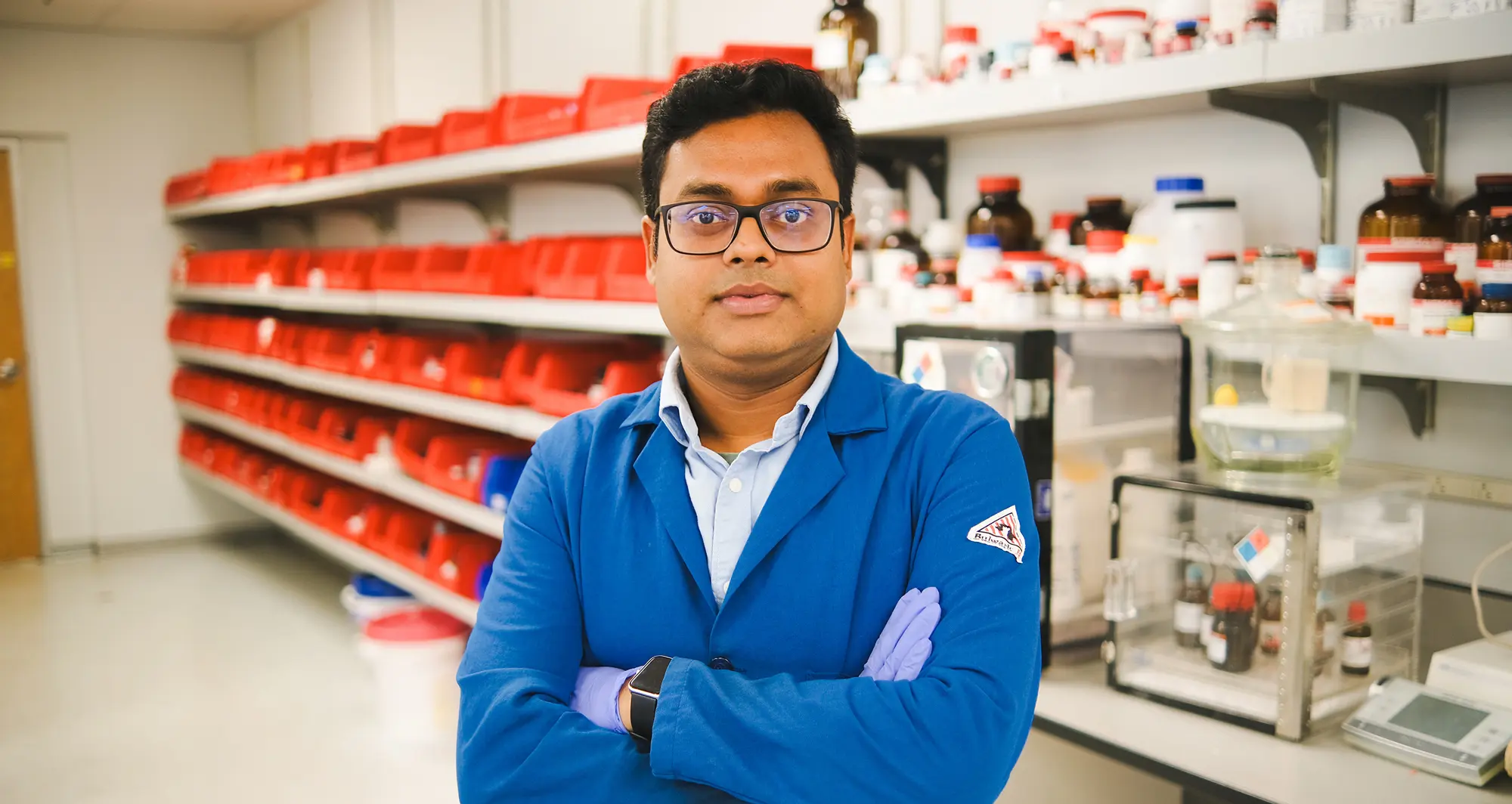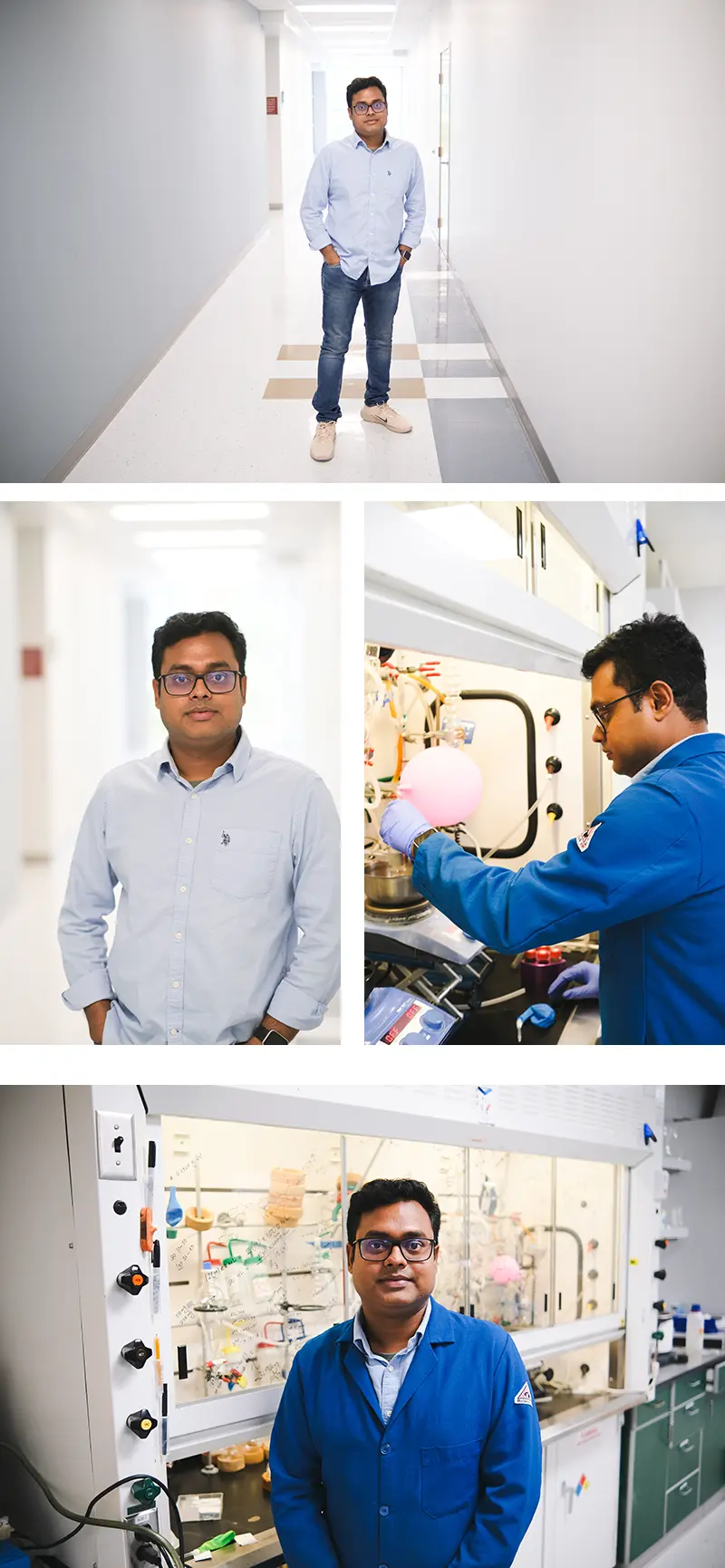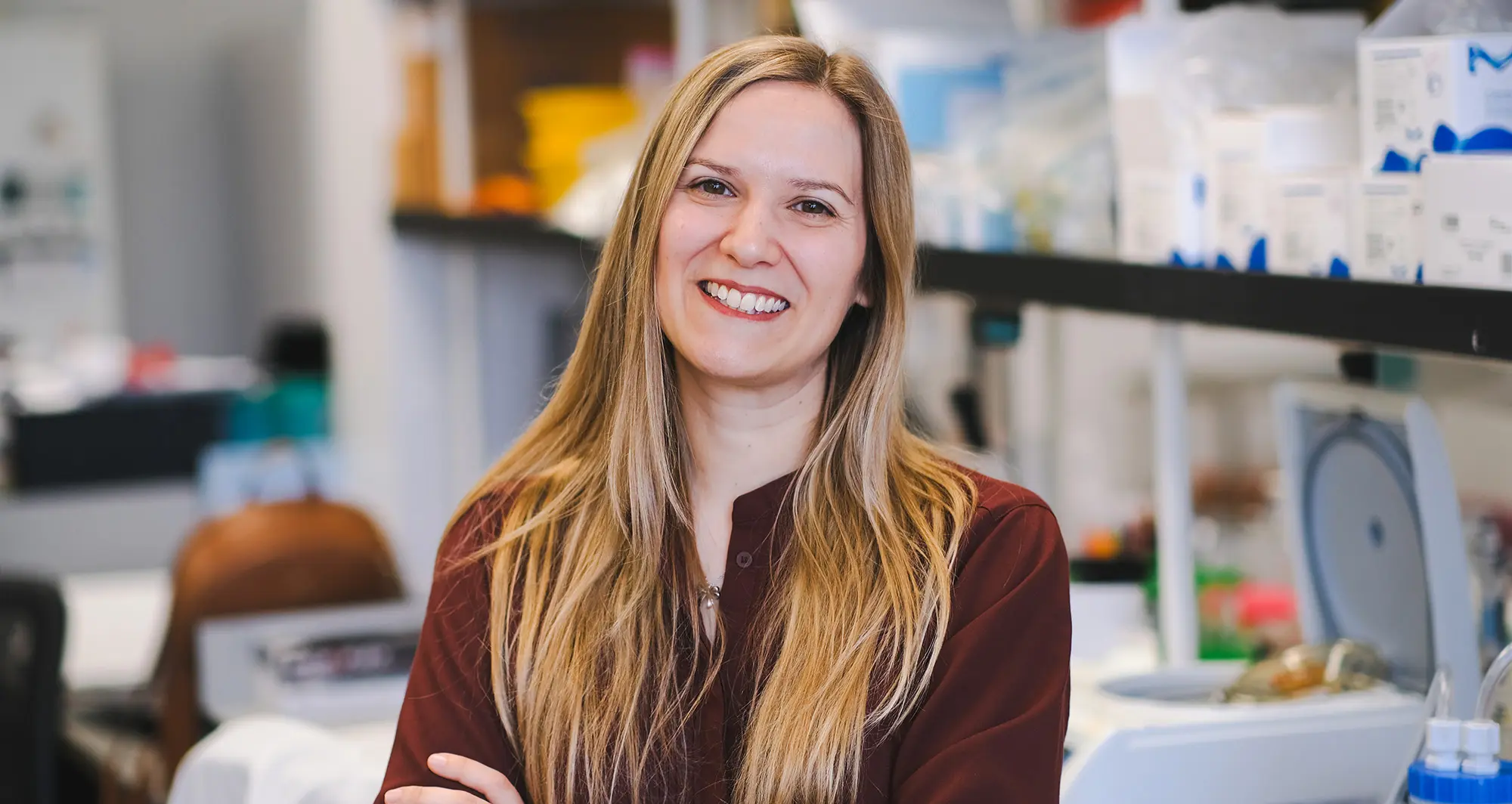Meet one of our early-career scientists at Sanford Burnham Prebys: Alicia Llorente Lope, PhD, a postdoctoral researcher in the lab of Brooke Emerling, PhD.
When and how did you become interested in science?
I come from a family of scientists. Both my parents are biologists, and they are more on the zoology side of the spectrum.
I thought I might follow in their footsteps, but I grew older and became more interested in medicine. I didn’t know then if I wanted to be a physician or a biomedical researcher.
In the end, I felt that research was more my thing. I was more interested in understanding the mechanisms of disease than in treating it.
What are the key areas of research you focus on?
I wanted to work on breast cancer during my postdoctoral fellowship because I had studied the disease while earning my PhD. Now I focus on a specific subtype of breast cancer noted for having high levels of the human epidermal growth factor receptor 2 protein, or HER2.
This HER2 subtype is known to be aggressive, but it initially responds very well to targeted therapies, which are drugs designed to block the HER2 protein. Unfortunately, most patients develop resistance over time to these drugs.
We are trying to explain why this resistance occurs and learn how to overcome it with new treatments.
What motivates you about your research?
My grandmother died of breast cancer, so I have seen the disease from a very close and personal vantage point. It made me realize how much research is needed, even in cancer types that have a better prognosis now.
It’s clear to me how things have improved for breast cancer patients because of research, and that we can continue to enhance therapies and provide patients with better opportunities and outcomes.
What do you like about working here?
I like that there are a lot of opportunities for us as postdocs to enhance our career development. I think that’s important, and I feel that that’s one of the best things about this institute.
They provide many courses and workshops, and it shows that they really care about our training. I feel that I’ve had the chance to improve professionally in a lot of different areas.
We also have the Sanford Burnham Prebys Science Network that organizes social and networking events. It helps us make new connections. As we make friends here and discuss our projects and interests, we also develop new scientific collaborations.
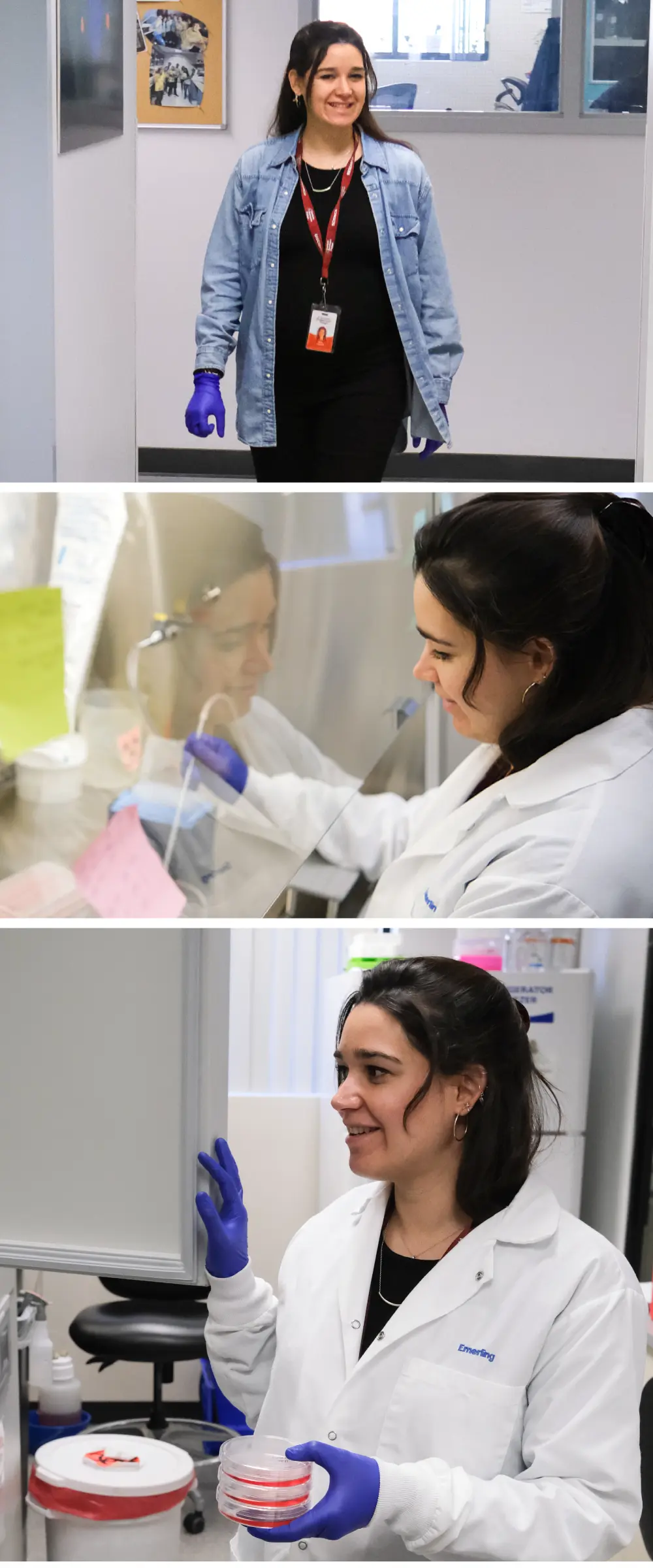
Have you had an influential mentor?
My first research experience was actually the one that made me decide to get my PhD. I left my home in Barcelona and spent some time in Boston at a lab that studied lymphangioleiomyomatosis, a rare lung disease that my mom has.
Lisa Henske and her lab always treated me as if I was a part of the group, not just an undergraduate student that knows nothing. They would let me present in lab meetings. They would let me go to conferences.
I received outstanding training there, and Lisa’s mentorship was instrumental in my development as a scientist.
What do you enjoy doing when you’re not in the lab?
I love scuba diving. The opportunity here to dive with sea lions is amazing.
In November, the sea lions have their pups, and you can dive with them. They are so playful! They even try to bite your fins, your camera. It’s a lot of fun.
Postdocs at Sanford Burnham Prebys are pushing the boundaries of science every day through curiosity, collaboration, and innovation. This series highlights their unique journeys, what inspires their work, and the impact they’re making across our labs.

